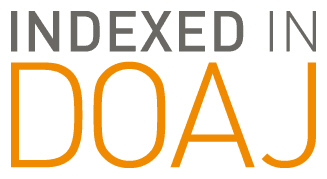Student Perceptions of Enhancing the Internship Experience for Online Principal Preparation Programs
Abstract
Principal preparation programs understand the need for relevant internship activities that bridge the gap between theory and practice (Anast-May, Buckner, & Geer, 2011; Darling-Hammond, LaPointe, Meyerson, Orr, & Cohen (2007). Principal preparation programs utilizing distance technology are also charged with meeting this expectation and the electronic learning technologies have changed learning from restrictive to flexible, accessible, and innovative (Tseng & Gardner, 2016). The internship is a widely accepted program component of principal preparation that provides the student with actual administrative experience during the certification process; however, despite the mandates from national accreditation organizations and state certification agencies, the literature is replete with criticisms concerning the effectiveness of the internship experience (Cheney & Davis, 2011; Darling-Hammond et al., 2007; Fry, Bottoms, & O’Neill, 2005; Perez et al., 2011). Limited data in the form of student feedback, especially as it pertains to learner perceptions of the internship experience, have been collected (Gordon, Oliver, & Solis, 2016). According to Thiede (2012), it is important for faculty to seek out and study what students are thinking and saying about online education as most higher education institutions’ future enrollments may be predicated upon quality online courses.
Recommended Citation
Nicks, Bob; Thibodeaux, Tilisa; and Martin, Gary
(2018)
"Student Perceptions of Enhancing the Internship Experience for Online Principal Preparation Programs,"
School Leadership Review: Vol. 13:
Iss.
1, Article 3.
Available at:
https://scholarworks.sfasu.edu/slr/vol13/iss1/3
Included in
Educational Administration and Supervision Commons, Educational Leadership Commons, Online and Distance Education Commons
Tell us how this article helped you.


